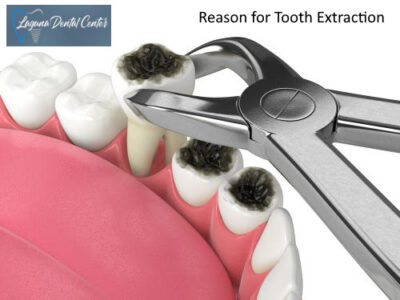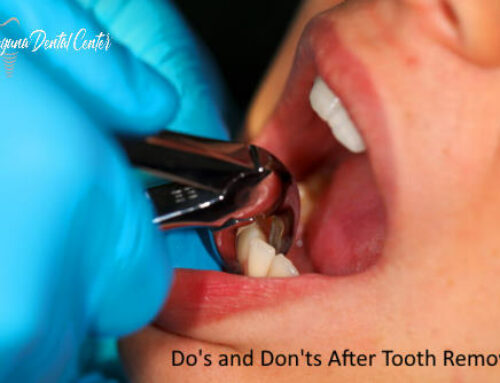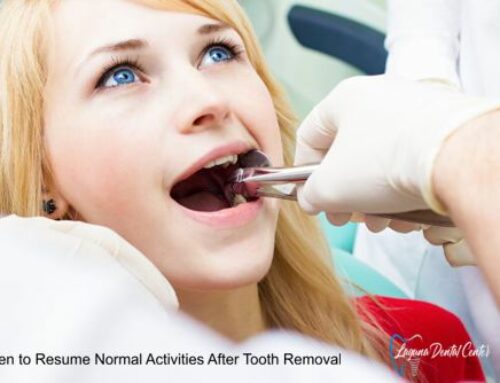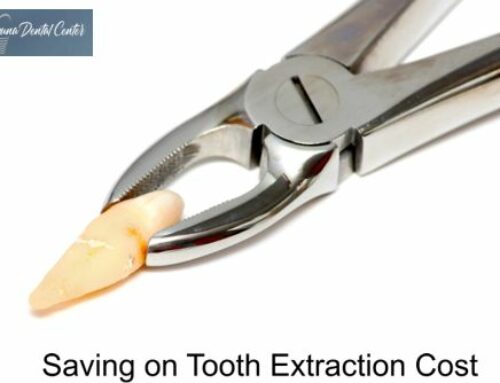Table of Contents

How to Know When a Tooth Needs To Be Pulled?
A tooth extraction is necessary if it is causing dental discomfort, jaw pain, or a history of gum disease. Extraction is required when there are no effective therapies to save the tooth, and you are in pain or have an infection. Tooth extraction will be necessary if your tooth gets significantly decayed. In cases where a tooth cannot be saved, dentists advise extraction. Maintaining your dental health necessitates having a tooth extracted. To avoid discomfort and infection, a tooth that is impacted or crowded must be removed. Your dentist examines to determine the condition of your tooth and determine whether tooth extraction is required.
Severe Tooth Decay
A badly decaying tooth must be pulled to stop diseases from spreading throughout your mouth. Your tooth enamel, the tough outer coating of your teeth, is destroyed by tooth decay. When a cavity develops on a tooth, tooth decay takes place. A cavity is a part of the tooth that is permanently damaged and develops a hole. Too much sugary food consumption or poor dental hygiene are the two leading causes of cavities—untreated severe tooth decay results in infections and tooth loss. When your tooth shows signs of discoloration or has holes in it, you have severe dental decay.
Impacted Tooth
Extraction is required for an impacted tooth that causes pain. A tooth that has not emerged from the gums or moved into place is said to be impacted. An impacted tooth that does not erupt properly causes headaches, edema, and jaw and gum pain. An impacted tooth has to be extracted to avoid discomfort and harm to your other teeth.
Gum Disease
Periodontal disease, sometimes called gum disease, is an infection that affects the gums and the teeth’ supporting bones. Tooth extraction is necessary if your gum disease has advanced past the point of healing. Severe gum disease produces toothaches, swelling, and bleeding. Plaque accumulation on the teeth and poor oral hygiene practices are the two main contributors to gum disease. Untreated gum disease results in tooth loss and the spread of infection.
Teeth Overcrowding
Teeth that are painfully packed and need to be removed. When there is not enough room for all the teeth to fit, usually within the jaws, crowding of the teeth occurs. Crowded teeth make dental hygiene more difficult and promote bacterial development.
Infection
A tooth infection results in discomfort and profuse oral bleeding. A tooth abscess, a pocket of pus brought on by bacteria, develops due to a severe tooth infection. Untreated tooth infections might develop into an infection that hurts elsewhere in your brain. The dentist’s last option is teeth extraction. The infected tooth is extracted, relieving your pain and providing room for a healthy smile.
Should I save my tooth or extract it?
The tooth must be removed if the damage to your tooth is too severe to restore. The choice to keep your tooth guarantees that you maintain your attractiveness and prevents a gap in your smile, but only if the tooth is not significantly diseased. Infections will spread throughout your mouth if you decide against having a tooth extracted. An abscess, a pus-filled pocket brought on by a bacterial infection, is more likely to develop when there is an infection. Infections can spread to other areas of your head if an abscess is left untreated.
What Happens if You Don’t Extract Teeth?
Choosing not to undergo an extraction when necessary causes bacteria to spread. A significant infection is brought on by bacterial spread. Damage to the adjacent teeth and gums results from an infected tooth. In addition to affecting your oral health, a severe tooth infection causes discomfort in other parts of your head.
What is Considered an Emergency Tooth Extraction?
You should get an emergency tooth extraction when you have extreme pain or an infection. An emergency tooth extraction is essential when a tooth must be removed within the next 24 to 48 hours. You can call your dentist and schedule a routine appointment for a tooth extraction that is not an emergency. Make an emergency appointment with the dentist if you have severe tooth pain or significant bleeding.
Can Cavities Lead to Tooth Extraction?
Yes, untreated cavities result in tooth extractions. To look for indications of a cavity, your dentist will do an examination utilizing an x-ray and probing instruments. Your dentist will treat the cavity as soon as it is determined to be a cavity before it worsens.
Can Teeth Be Fixed Without Extraction?
Depending on the extent of the damage, your tooth may be saved without needing to be extracted. To stop the spread of infection, a badly decaying or diseased tooth has to be pulled. A root canal is an alternative to save a decayed tooth before it becomes irreparable. Before significant decay begins, take good care of your teeth and establish good dental hygiene.
Dr. Ronald Ayzin at Laguna Dental Center is a dentist who is dedicated to improving the condition of his patients teeth. Dr. Ronald Ayzin will guide you through the tooth extraction process and help you restore your oral health.




